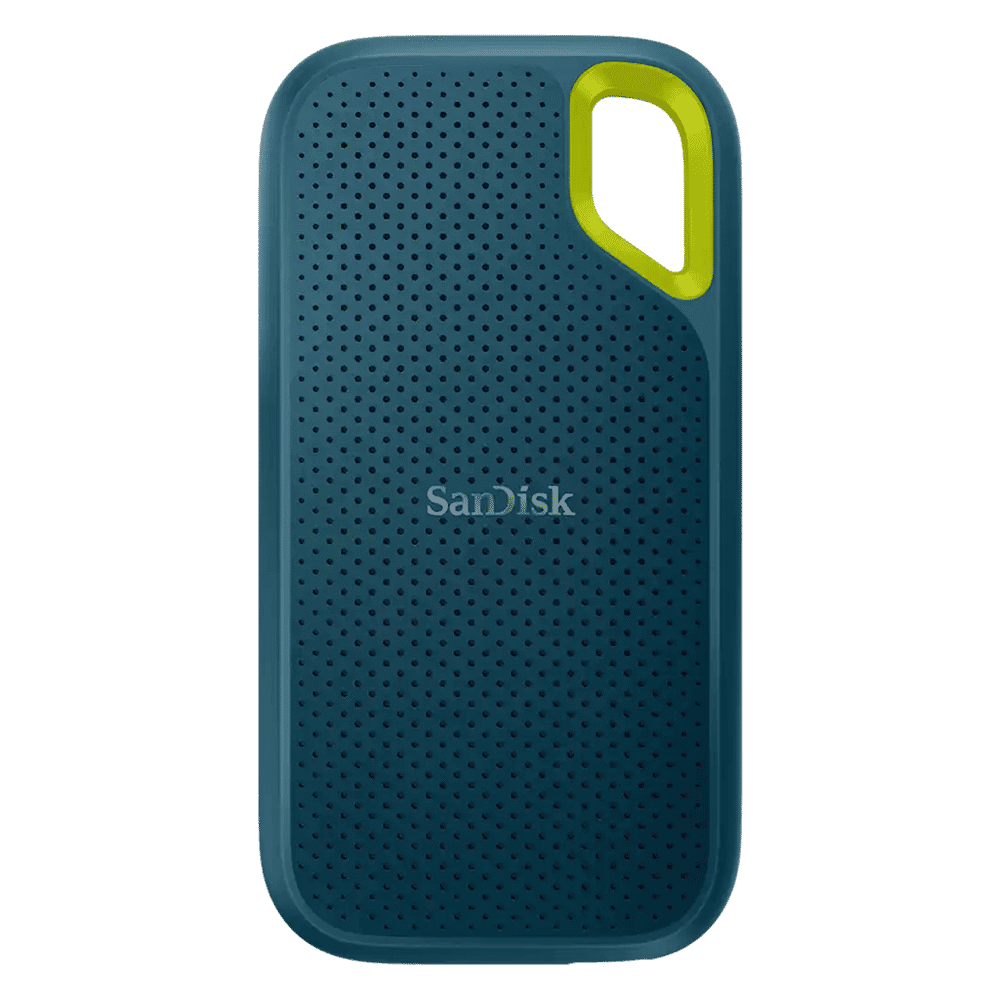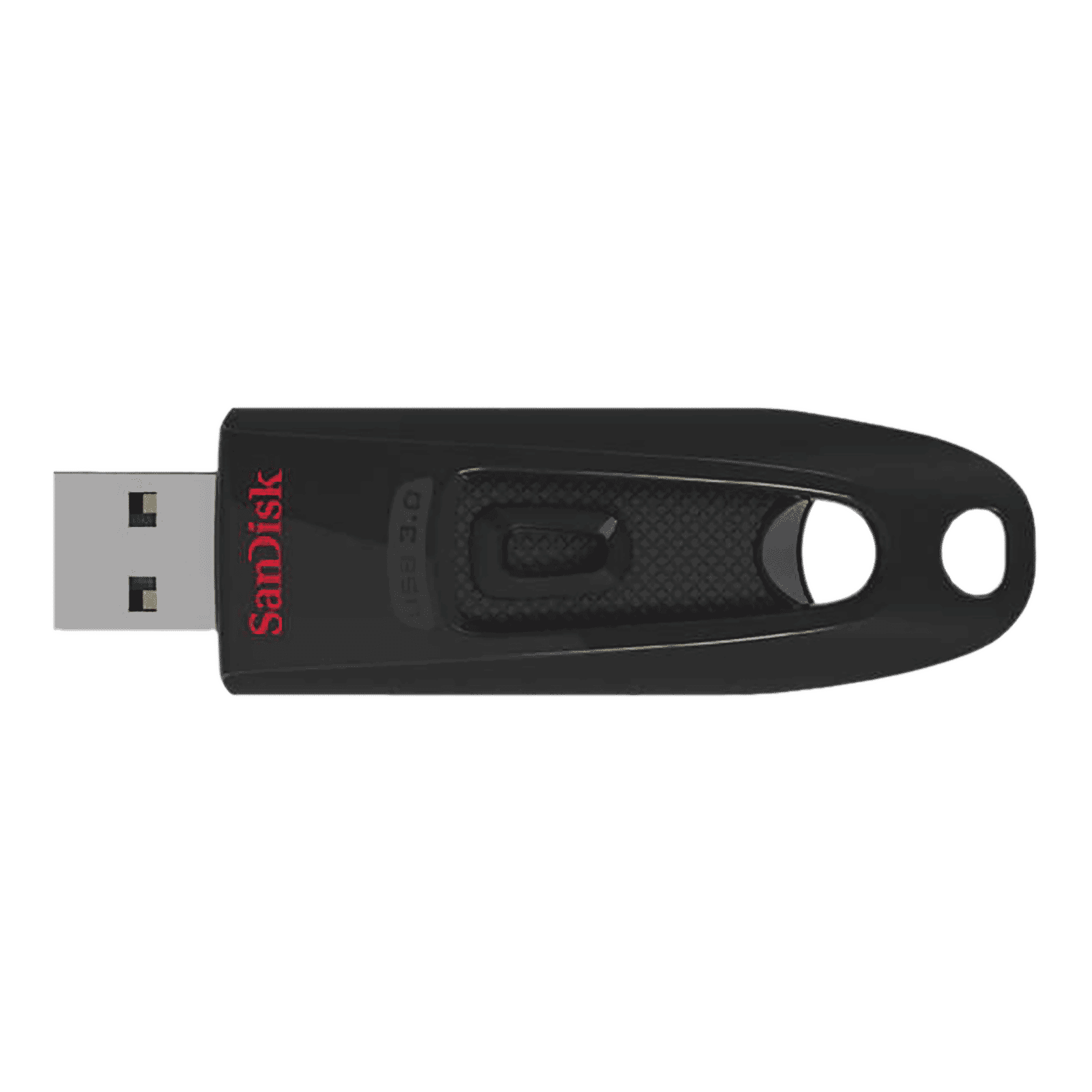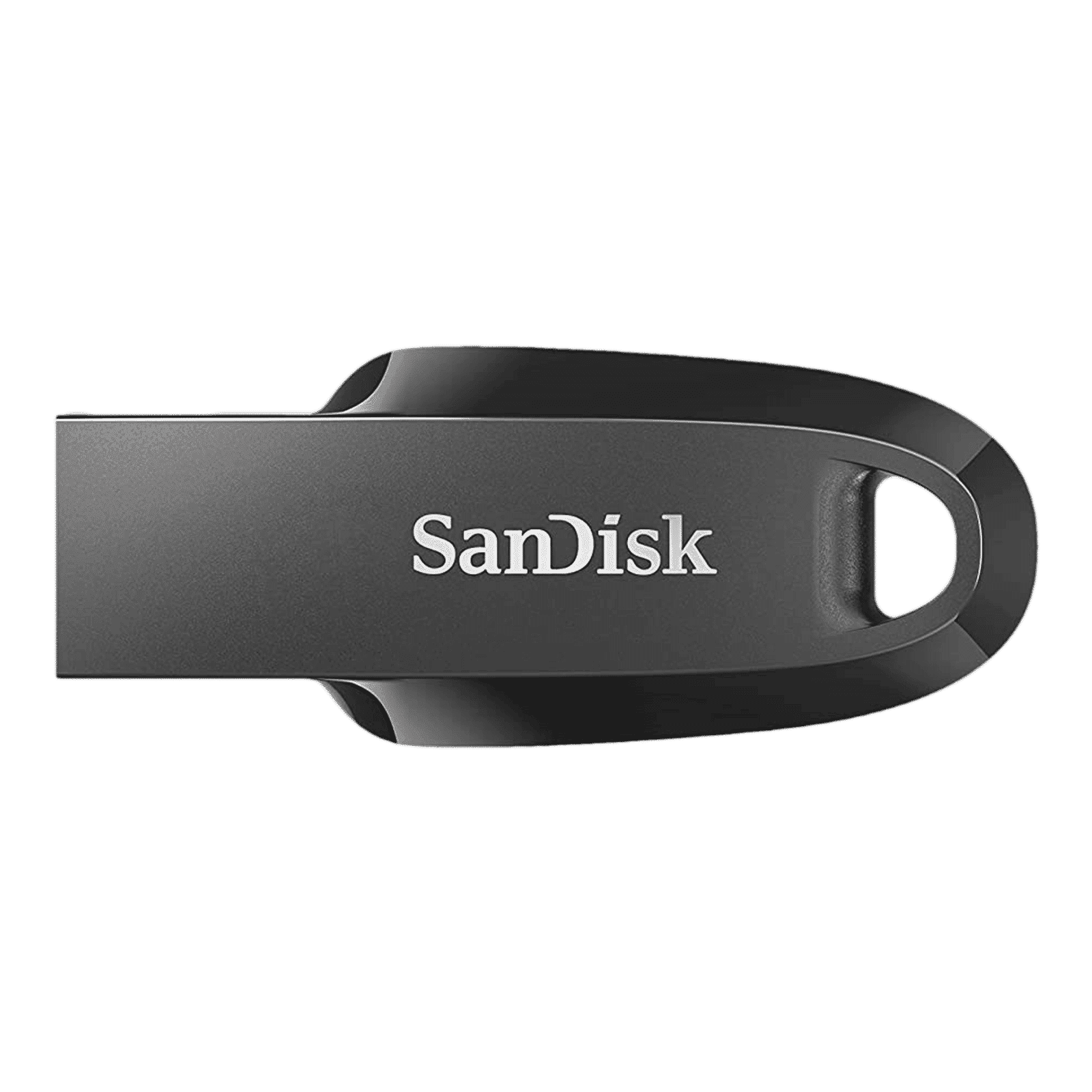%20(Presentation)%20(1600%20x%20600%20px)(20)-a2031a9c-61a5-429c-a42e-338488d70cf3.webp&w=3840&q=75)
Consumer Electronics
•05 min read

Buy SanDisk Extreme 1 TB USB Type-C (3.2) Portable Solid State Drive (Drop Protection, Monterey) online at best prices from Croma. Check product details, reviews & more. Shop now!
In today's digital age, portable storage options have become essential for everyone from students to professionals. With a vast array of devices available, choosing the right one can truly enhance productivity and protect valuable data. This blog post lays out an in-depth comparison of two popular portable storage solutions – SSDs and pendrives – so you can decide which one best suits your needs.
An SSD, or solid-state drive, is a device that utilises NAND flash memory to store data electronically. Known for its speedy performance, durability, and large capacity, it is a trusted companion for gamers, creative professionals, and anyone who requires robust, efficient storage. The absence of moving parts not only boosts speed but also ensures that the drive is resistant to shocks, making it perfect for active usage.
A pendrive, commonly known as a USB flash drive, offers a simple plug-and-play solution for everyday data transfer. These devices are incredibly portable, enabling quick file sharing and day-to-day backups. Their compact size and ease of use make them a popular choice for students, office workers, and anyone who needs to move files swiftly and securely.
While both SSDs and pendrives use flash memory, they differ significantly in technology. SSDs incorporate advanced controllers and intricate storage architectures that support high-speed read/write operations, whereas pendrives boast a simpler design intended for portability and convenience. This technological divergence influences performance, capacity, and ultimately the ideal scenarios for their use.
When it comes to speed, SSDs are in a league of their own. Their advanced read/write mechanisms enable rapid data transfer, which is critical for time-sensitive tasks like video editing and gaming. In contrast, pendrives, while efficient for everyday tasks, generally offer slower speeds due to their basic architecture. This difference can be a deciding factor for users who need to handle large files or run performance-driven applications.
Capacity is another crucial consideration. SSDs are available in a range that extends to several terabytes, making them suitable for managing extensive datasets, multimedia content, and professional workloads. On the other hand, pendrives typically offer capacities up to 256GB, which is ideal for casual use such as transferring documents or small media files. Knowing your storage needs can simplify the choice between these two devices.
SSD reliability is bolstered by its shock-resistant design and absence of mechanical parts, ensuring sustained performance even under demanding conditions. They also boast advanced error correction features which contribute to a longer lifespan. Pendrives, while highly durable for regular usage, have limitations such as a finite number of write cycles. If longevity and consistent high performance are your priorities, an SSD might be the better selection.

Buy SanDisk Ultra 32GB USB (3.0) Pen Drive (Portable Design, Black) online at best prices from Croma. Check product details, reviews & more. Shop now!
An important factor in decision-making is cost. On a per-gigabyte basis, SSDs generally come at a higher price compared to pendrives. However, the premium is often justified by the SSD's significantly faster performance, larger storage options, and superior durability. For those who require extensive storage and reliable operation, this investment can pay off quickly by saving time and enhancing productivity.
When it comes to sheer convenience, pendrives clearly excel. Their tiny size and light weight make them exceptionally easy to carry around. SSDs, although slightly larger and sometimes requiring an extra cable for connectivity, still provide excellent portability for professionals on the move. It is important to consider factors like physical size and connection setup – if on-the-go file transfer is your main priority, a pendrive remains an excellent option.
If you are a casual user who values lightweight design and affordability, a pendrive offers the simplicity and efficiency you need. They are ideal for students, office workers, and anyone looking for a quick solution to share files or back up small amounts of data. Their plug-and-play nature means you can access your files at lightning speed without any complicated setup.
For those who demand high-speed performance and require massive storage capacity – such as professionals, gamers, and creative experts – an SSD is a standout choice. Whether you are editing videos, storing large multimedia files, or running performance-intensive applications, the speed and capacity of an SSD can significantly boost efficiency and provide peace of mind.
In many scenarios, using both devices can offer a balanced solution. A pendrive is perfect for everyday, quick-access needs, while an SSD serves as a robust backup or primary storage for larger files. This complementary approach allows you to leverage the portability of a pendrive alongside the high performance of an SSD, ensuring you have the right tool at all times.
Insight Corner: Why Speed Matters in Portable Storage
Did you know? An SSD can be up to 10x faster than a pendrive in data transfer speeds, making it the ideal choice for time-sensitive tasks like video editing or gaming.

Buy SanDisk Ultra Curve 32GB USB (3.2) Pen Drive (Compact Design, Black ) online at best prices from Croma. Check product details, reviews & more. Shop now!
When looking at the overall performance, SSDs continue to outshine pendrives in tasks where sustained data transfer is critical. Their advanced design ensures that even during prolonged usage, they maintain high efficiency. This advantage is a major factor for professionals who value both time and performance, especially when working with large files or complex software.
SSD’s robust build and sophisticated error correction protocols contribute to impressive long-term reliability. The design minimizes wear and tear, making it a strong candidate for archiving sensitive data, business applications, and creative projects that require consistent performance over time.
Investing in an SSD not only enhances your current workflow but also ensures that you are well-prepared for future technology trends. As digital content grows in resolution and size with innovations like 4K and 8K videos, high-capacity and high-speed storage devices will become increasingly indispensable. A solid-state drive is an excellent investment to stay ahead of these evolving needs.
Both SSDs and pendrives offer distinct benefits that cater to different consumer needs. On Tata Neu, you can explore these options and earn NeuCoins with every purchase, adding value to your shopping experience. Whether upgrading your device with an SSD's speed and capacity or opting for the convenience of a pendrive, Tata Neu provides a seamless shopping journey backed by trusted after-sales support, expert guidance, and a rewarding NeuCoin system. Experience the ease and convenience that enhances your digital life, ensuring you stay connected and productive every day.
An SSD is better for speed, capacity, and durability. In contrast, a pendrive is more portable and cost-effective for smaller, everyday data transfers.
Yes, external SSDs can function similarly to pendrives. However, they typically require a cable for connection and are larger in size compared to traditional USB flash drives.
No, SSDs are significantly faster than USB flash drives due to their advanced technology and superior data transfer capabilities.
Yes, SSDs offer faster performance, better durability, and improved energy efficiency when compared to traditional hard drives.
In summary, the choice between an SSD and a pendrive largely depends on your specific needs. SSDs excel in speed, capacity, and long-term reliability, making them ideal for intensive tasks and professional use. On the other hand, pendrives provide a cost-effective, highly portable solution suited for everyday file transfers and quick backups. Evaluating your own usage patterns will help you select the perfect portable storage option that enhances your productivity while keeping your data safe. Enjoy the benefits of modern technology with Tata Neu – where convenience meets efficiency, and every transaction is rewarded with NeuCoins to further amplify your shopping experience.